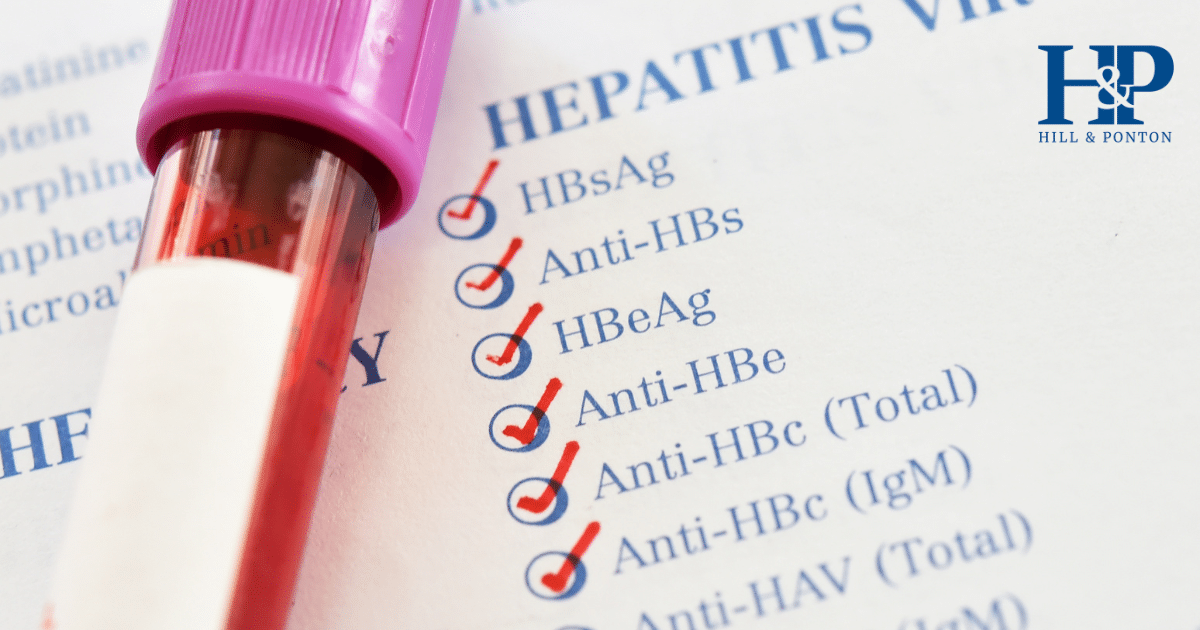Although women have contributed to the American war effort since the Revolutionary War, the number of women officially serving in the armed forces has increased steadily since the passage of the Women’s Armed Services Integration Act in 1948. As of 2017, more than 1.8 million women are veterans of the U.S. armed forces. Female veterans currently account for 10 percent of the total veteran population. While veterans of all genders experience the need for physical and mental health care upon separation from service, the need for mental health care for female veterans is especially significant.
The Women Veterans Health Care Improvement Act of 2009 (WVHCIA) was passed to equip the VA for the long-term needs associated with a large women veteran population. The WVHCIA was designed with the recognition that female veterans are disproportionately faced with the effects of Military Sexual Trauma (MST), childbirth and child care, and social concerns such as the expectation of performing a caregiving role. The WVCHIA authorized several changes to the VA in an attempt to improve the capacity to care for female veteran’s needs, such as requiring the implementation of a program to educate VA mental health care providers to care for women who have experienced MST, requiring implementation of a pilot program providing childcare to female veterans seeking mental health services at the VA, and implementation of a pilot program providing readjustment counseling to women veterans.
Though the WVHCIA was a step forward in treatment for better mental health care for female veterans, studies have shown that many female veterans continue to struggle with mental health issues and getting treatment for those issues. Nearly a quarter of female veterans have indicated that they are hesitant to seek mental health treatment. Post Traumatic Stress Disorder (PTSD) is the first complaint among women veterans treated at VA facilities, followed closely by depression and hypertension. Unfortunately, the large proportion of female veterans affected by mental health issues is reflected in VA statistics: male veterans are 19% more likely to take their own lives than civilian men, while female veterans are 250% more likely to take their own lives than civilian women. Contrary to popular belief, MST affects both men and women. It should be noted, however, that at least 25% of female veterans report experiencing MST at some point in their military career. The effects of MST can lead to some of the mental health conditions discussed above, such as PTSD and depression, along with other disorders of mood or substance use.
It is important to remember that all veterans deserve mental health treatment. While there are still many institutional obstacles to overcome, strides in the field of veterans’ mental health care have been made in recent years. Women Veterans Health Care is a VA program dedicated solely to the needs of female veterans. Each VA Medical Center is staffed with a Women Veterans Program Manager, who can help with coordinating any VA services required. As the female veteran population continues to grow, we can hope to see corresponding improvements in the way that mental health concerns are treated by the VA.
The Veterans Crisis Line can be reached at 1-800-273-8255
The Women Veterans Call Center can be reached at 1-855-829-6636


